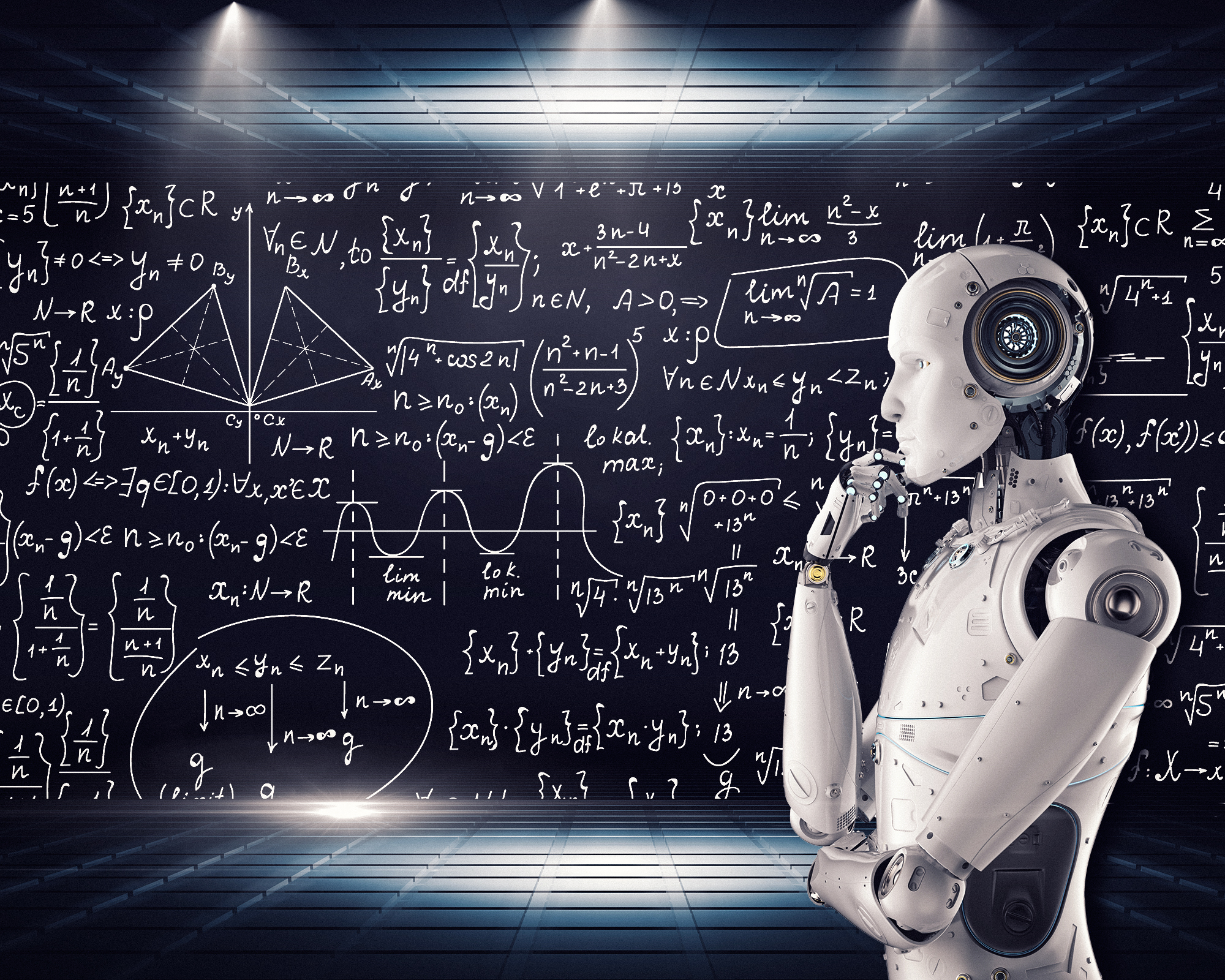In today’s fast-paced world, the technology landscape is constantly evolving, and at the heart of this transformation lies Artificial Intelligence (AI). Over the years, AI has made groundbreaking advancements, reshaping industries and revolutionizing the way we live and work. As we venture into a new era of innovation, it’s crucial to explore the changing trends in the tech industry propelled by AI.
AI-Powered Automation:
The integration of AI-powered automation has redefined operational efficiency across various sectors. From manufacturing to customer service, AI-driven robots and software are streamlining processes, reducing human error, and enhancing productivity. Businesses are increasingly adopting robotic process automation (RPA) to handle repetitive tasks, allowing employees to focus on higher-value responsibilities.
Enhanced Personalization:
AI is playing a pivotal role in personalizing customer experiences. Machine learning algorithms analyze vast amounts of data to understand user preferences and behavior. This enables companies to provide tailored recommendations, content, and products, thus enhancing customer satisfaction and loyalty.
Natural Language Processing (NLP) and Conversational AI:
The rise of NLP and conversational AI has transformed customer interactions. Chatbots and virtual assistants equipped with NLP can engage in meaningful conversations with users, addressing queries and providing assistance in real-time. This trend is reshaping customer service and support models.
AI in Healthcare:
AI’s impact on healthcare is nothing short of revolutionary. From diagnostics to drug discovery and personalized treatment plans, AI algorithms are analyzing medical data to make predictions and recommendations that assist medical professionals in making informed decisions. This trend is expected to save lives and improve patient outcomes.
Edge Computing and AI:
Edge computing, coupled with AI, is altering the way data is processed. Instead of relying solely on centralized cloud infrastructure, AI is being deployed at the edge of networks, reducing latency and enabling real-time decision-making. This is particularly significant in applications like self-driving cars and IoT devices.
Ethical AI and Bias Mitigation:
As AI adoption grows, so do concerns about bias and ethical implications. Organizations are focusing on developing algorithms that are transparent, fair, and free from discrimination. Addressing these concerns is crucial to building trust and ensuring that AI benefits everyone.
AI in Cybersecurity:
The evolution of cyber threats has prompted the integration of AI in cybersecurity. Machine learning algorithms can quickly identify anomalies and patterns in network behavior, detecting potential breaches and mitigating risks proactively.
Conclusion
Artificial Intelligence is more than a technology; it’s a transformative force that’s reshaping the tech industry’s landscape. As we witness AI-driven automation, enhanced personalization, and groundbreaking applications in healthcare, it’s clear that the possibilities are limitless. However, ethical considerations and responsible development are essential to harness AI’s potential for the greater good.
The changing trends in the tech industry driven by AI are a testament to human ingenuity and the ability to leverage technology for progress. Embracing these trends will undoubtedly lead to an era of innovation, efficiency, and a brighter technological future.


